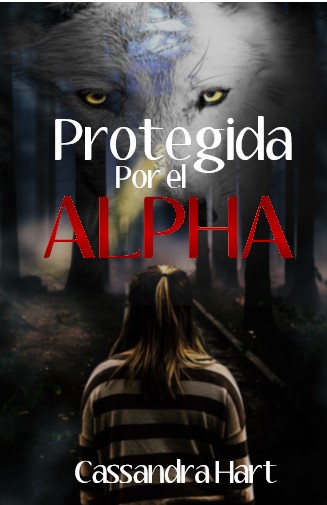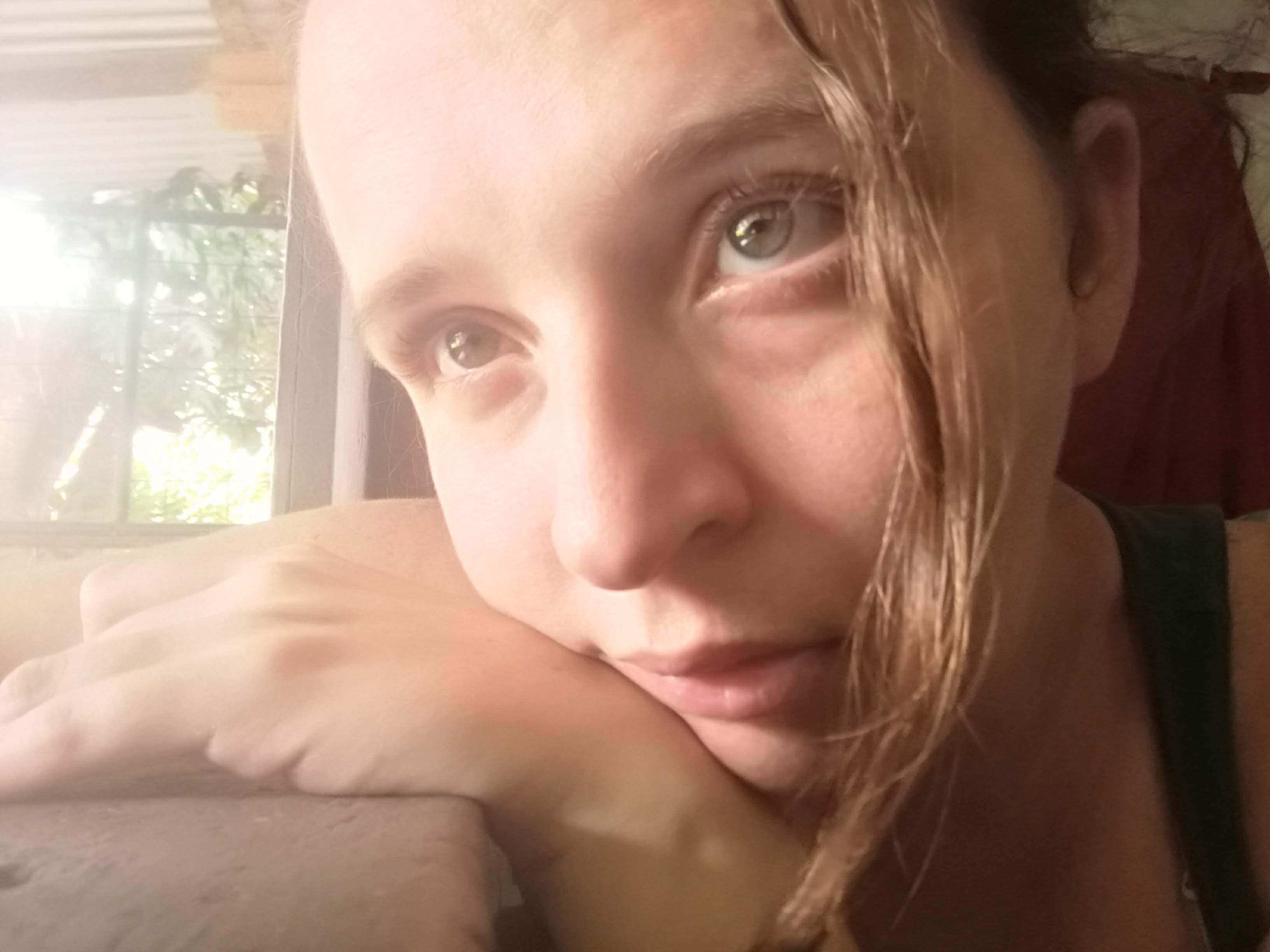Mauricio A. Rodríguez Hernández (MARH): Can you share a story about what brought you to this particular career path?
Angie Rossi (AR): I started writing 12 years ago, as a person that was really important for me died suddenly and after that I just started writing. I don’t know if it was maybe a coping and grief mechanism process, but I developed over the time thanks to that loss. I´m fortunate that always surrounded with the people I love, like my husband and children, my husband always been there supporting my dreams, believing in me. My daughter is the owner of a beautiful and talented creative force.
MARH: Why is important to structure your ideas for creative success?
AG: When I write I get many ideas, if I want my books to have a logical timeline, to have a good chronological order and make sure what I write has sense (for me and the people that read my stories) I learned that it needs to have a structure.
I usually work by establishing the timelines in the story, so that in my case creativity doesn’t turn against me. I need a lot of discipline to structure everything.
MARH: How does storytelling differ from narrative fiction?

AG: When I think about narrative I think about the technical part. It’s like the first step towards building my stories. In the story’s narrative I have to start defining which events happened during which scenarios and how they relate to each other.
Storytelling is the artistic part, it’s where I feel free to develop the narrative of my books to a deeper level. There is a quote in particular that I love:
“People will forget what you said, people will forget what you did, but people will never forget how you made them feel” — Maya Angelou.
MARH: Tell us about the role of structure in creative success?

AR: If I want my books to be well arranged in order to have a good development and for people to get into the story, I need to organize everything, I work in the following order:
- Chronological order of the events.
- List of characters both primary and secondary characters.
- Accurate descriptions of where the story takes place in.
- I always consider my stories as if they were real, because in a way they are real for me since they’re created in my head. It’s important to have a team, people that help you. In my case I use a lot of resources from digital sources like Google Maps and descriptions in touristic websites.
- If someone for example lives in Yellowknife, Canada (where actually one of my stories takes place) they will read it and feel identified since the place is being described as it is.
- I have the valuable help of two of my friends, both doctors. They give me guidance to write certain scenes. I want to thank both Christian Aguilar and Esteban Peña for their help.
MARH: What are some of the most interesting or exciting projects you are working on now?
AR: At the moment I have two things in my hands:
- I have 10 books published under the platform Booknet (https://booknet.com/es/cassandra-hart-u4470827). That site is the best platform for writers to publish and get to be recognized. It allows you to publish what you write every day, every week, etc. The author is the only one that decides the rhythm. Booknet is important because in gets you in contact with people from all over the world, who not only read your books but give you their opinions, which makes us find ways to improve as writers via feedback. I started not so long ago (February 2020) and I already have a lot of people who read my work. One of my novels has been read 41, 800 times since February 20th. I also have books that are sold under subscriptions and I have had pretty good results. I also want to thank my group of readers that I call my “enthusiastic cheerleaders”: Vycky Garcia Arreguin, Alicia Del Angel Cruz, Pame Artaza Laure, Lucy Gomez and Jacky Perez. I also have a special friend (we´re friends since 15 years ago), who supported me almost from the beginning, Daniela Barrantes.
- The second one is an education non-profit project that I have started working on. I expect to build classrooms for kids that have sensory processing disorder (SPD); also known as sensory integration dysfunction, inside the different special needs schools in Costa Rica. This project is very personal since my youngest son has this condition.
MARH: Which is your genre of choice?
AR: I write in various genres, I haven’t gotten used to writing in just one. My 10 books are written in the following genres: erotic, fantasy, romance and dark novels.
MARH: Can you share a story about the funniest mistake you made when you were first starting?
AR: I wrote an “adult story” and send it by mistake to an elderly woman (close friend), and I actually was originally supposed to send to her a fantasy story. So it was really uncomfortable to hear her opinion about it.
MARH: What is the one habit you believe contributed the most to you becoming a great writer?
AR: Discipline and structure.
MARH: What is the main empowering lesson you want your fan readers to take away after finishing your book?

AR: When I see my books, and I received comments from people I don’t know, telling me they read until 4 AM, or they tell me my stories made them laugh or cry, I know I did a good job. Writing is a tough job, and you have to meet a lot of criteria to make sure the end result is good.
That’s why my empowering lesson would be this: No matter how hard it seems to accomplish your dreams. Consistency and hard work go hand in hand to being better and achieving your goals.
It has taken me 12 years to get to where I’m right now, 12 years of effort, of not giving up and I believe that if you truly wants something you need to work hard for it.
MARH: Which kind of literature do you draw inspiration from?
AR: Harry Potter, but mostly J. K. Rowling. She inspires me because she created that magical world that everyone wanted to be a part of. She taught me magic was real, and we should never give up the ability to dream.
MARH: What advice would you give to someone considering becoming an author like you?
AR: Dreams come true but you have to work for them. Writing divides in two parts: Creativity and structure. You need discipline but you can make it.
MARH: What are your “5 things you wish someone told you when you first started”?
- It hurts. Physically, emotionally. You spend between 8 to 9 hours a day (In my case at least) sitting on your work space writing. Emotionally it’s harder, you have to be sure that this is what you want so that doubts don’t consume you.
- Publish free stories: There are two types of writers. The ones that know people in important positions that guarantee them instant success. Or the ones that are like me, the ones that need to find their way on their own. So I suggest for you to publish in Booknet: They have an impressive work team that help you along the process. They don’t charge you for publishing and that people who reads your work helps you know if your book is good or not.
- Read a lot. If you publish on your own you’ll be your own editors. You need to have perfect grammar, learn about design and layout. You need to make your own cover pages.
- Have an alias: My name in Booknet is Cassandra Hart. A lot of times using a different name gives us a freedom we never dreamed possible.
- Drink a lot of coffee.
MARH: How can our readers follow you on social media?
- My Booknet account is the following: https://booknet.com/es/cassandra-hart-u4470827.
- My Facebook account is the following: https://www.facebook.com/angierossi2017.


